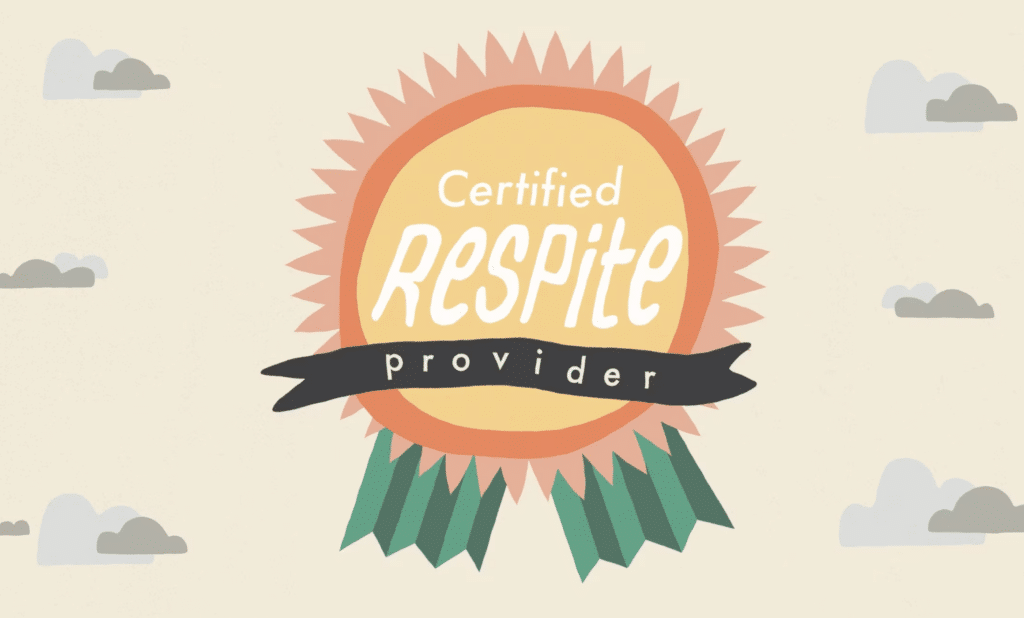
Get Involved
Certified Respite Care
Certified Respite Providers Offer
Meaningful Support to:
The Process to Become a Certified Respite Provider
The process of becoming a Certified Respite Provider begins when a prospective applicant inquires with Every Child or ODHS Child Welfare.
Interested in Respite
- Submit an inquiry
- Talk to an ODHS Champion
- Complete an application

Certification Process
- Pass a background checks
- Complete home visit & interview
- Complete respite training
- Become approved!

Approval & Ongoing Support
- Begin supporting children & youth in care
- Receive compensation for your time
- Participate in a home visit every 180 days
- Renewal at 2 years
Respite Care
FAQS


